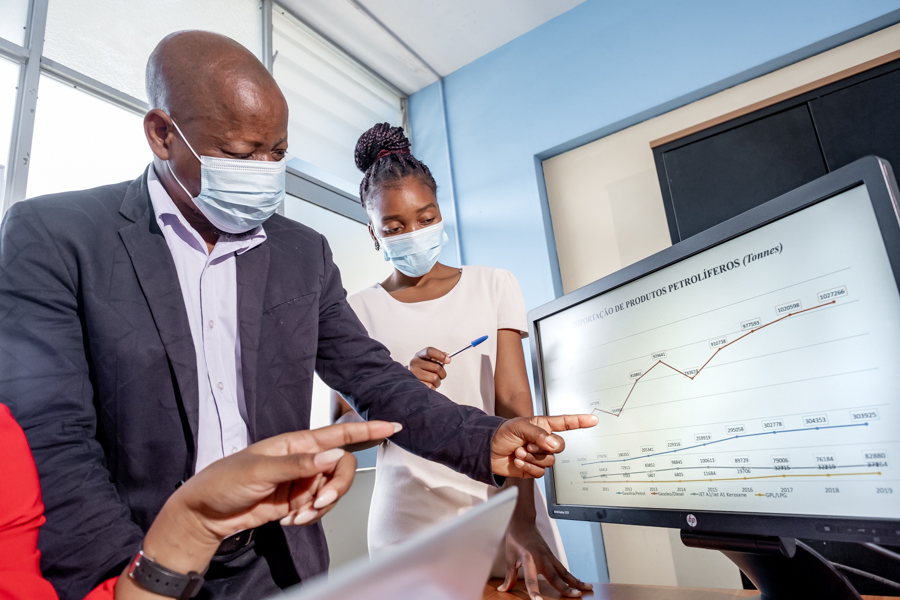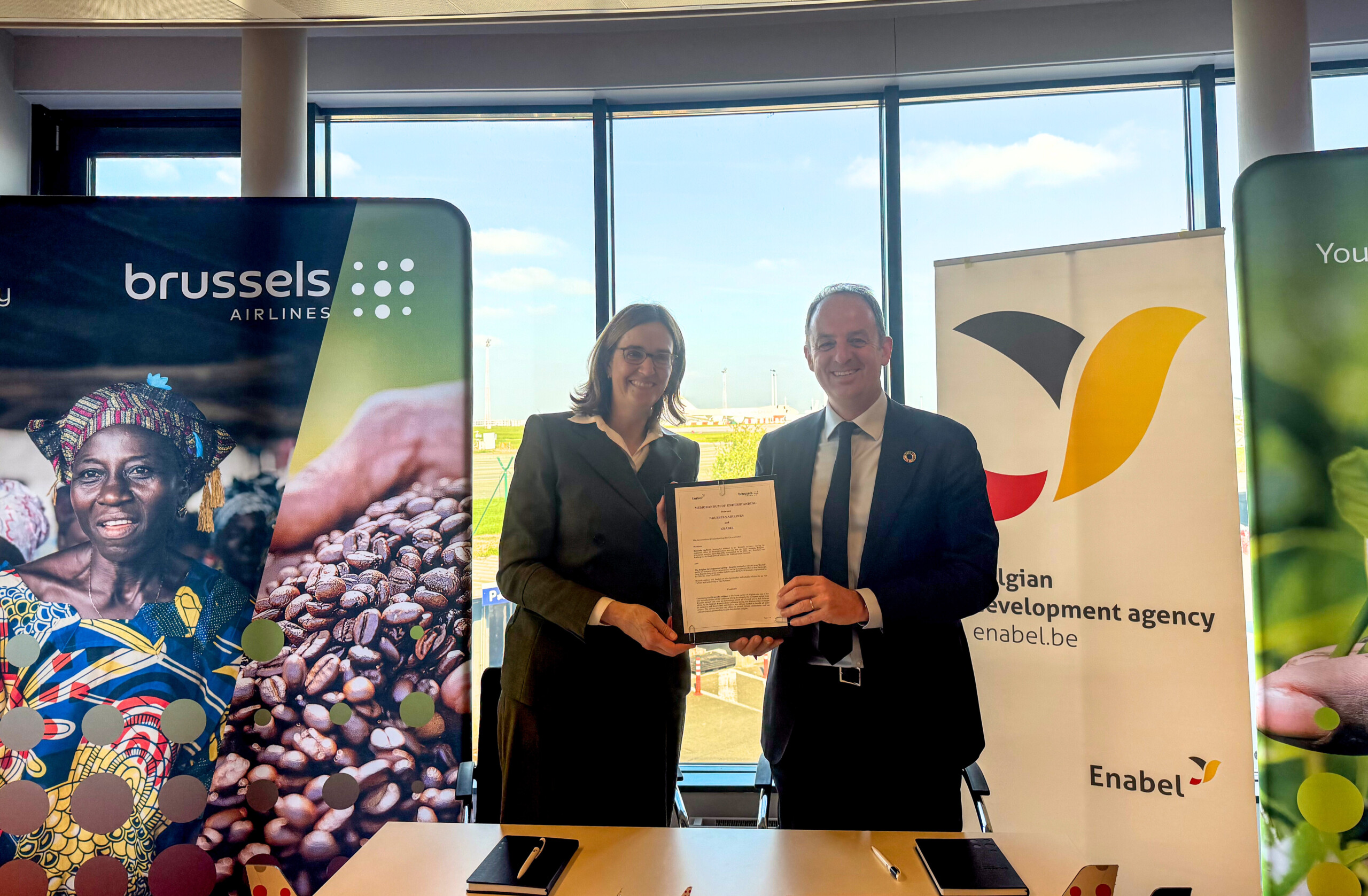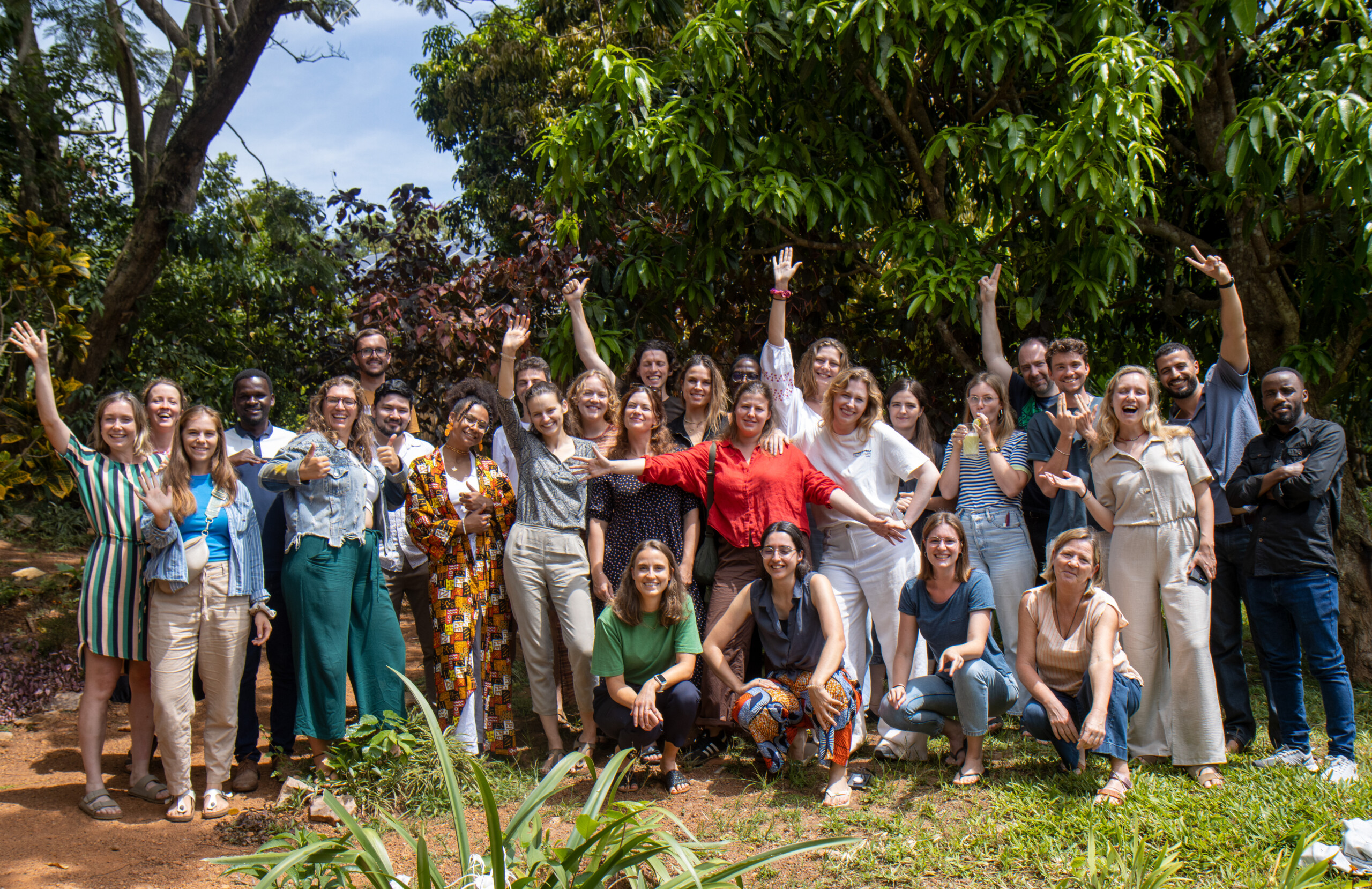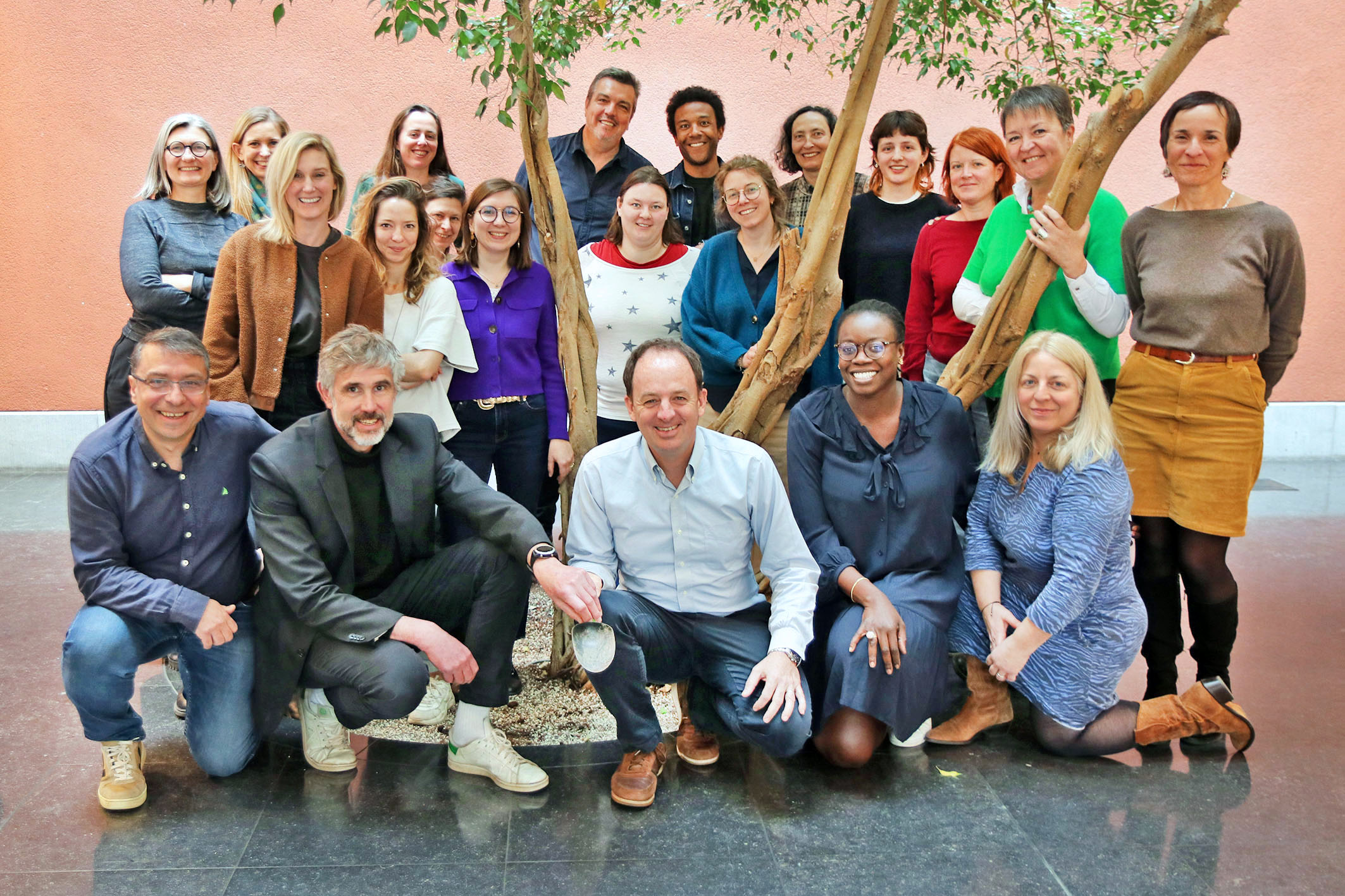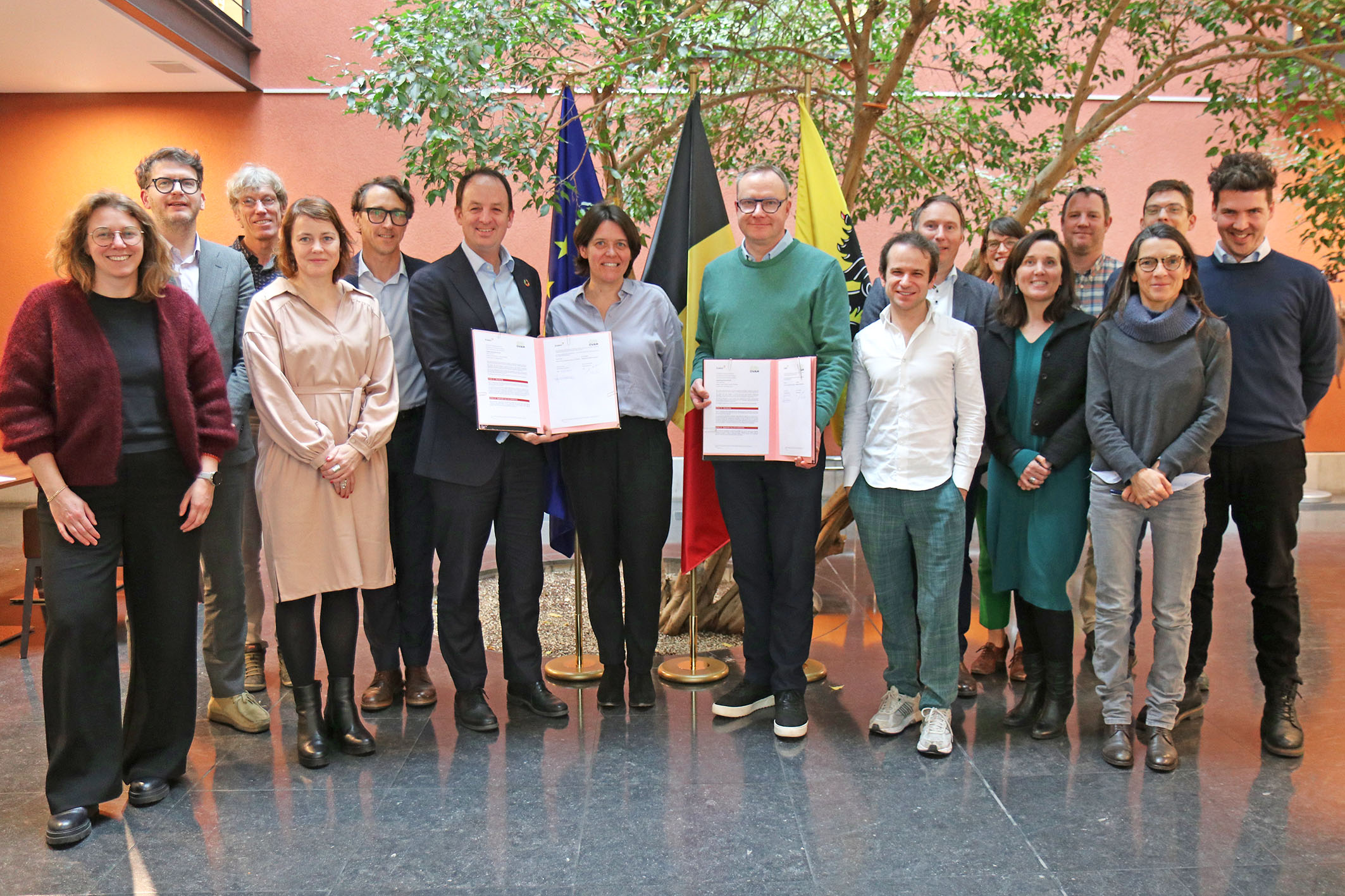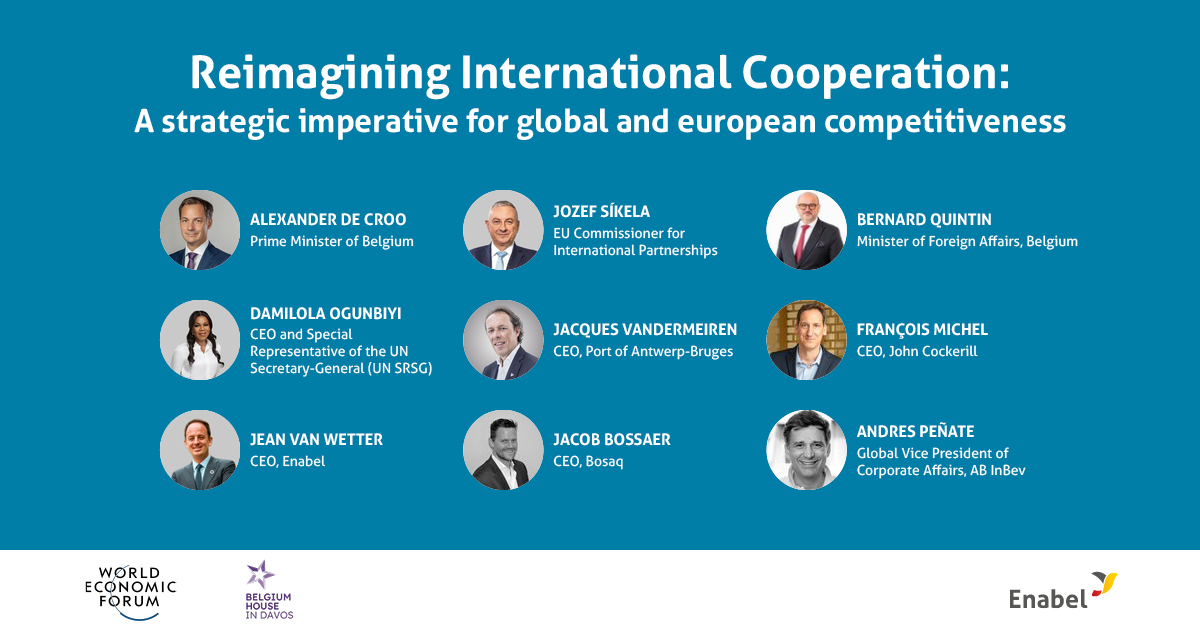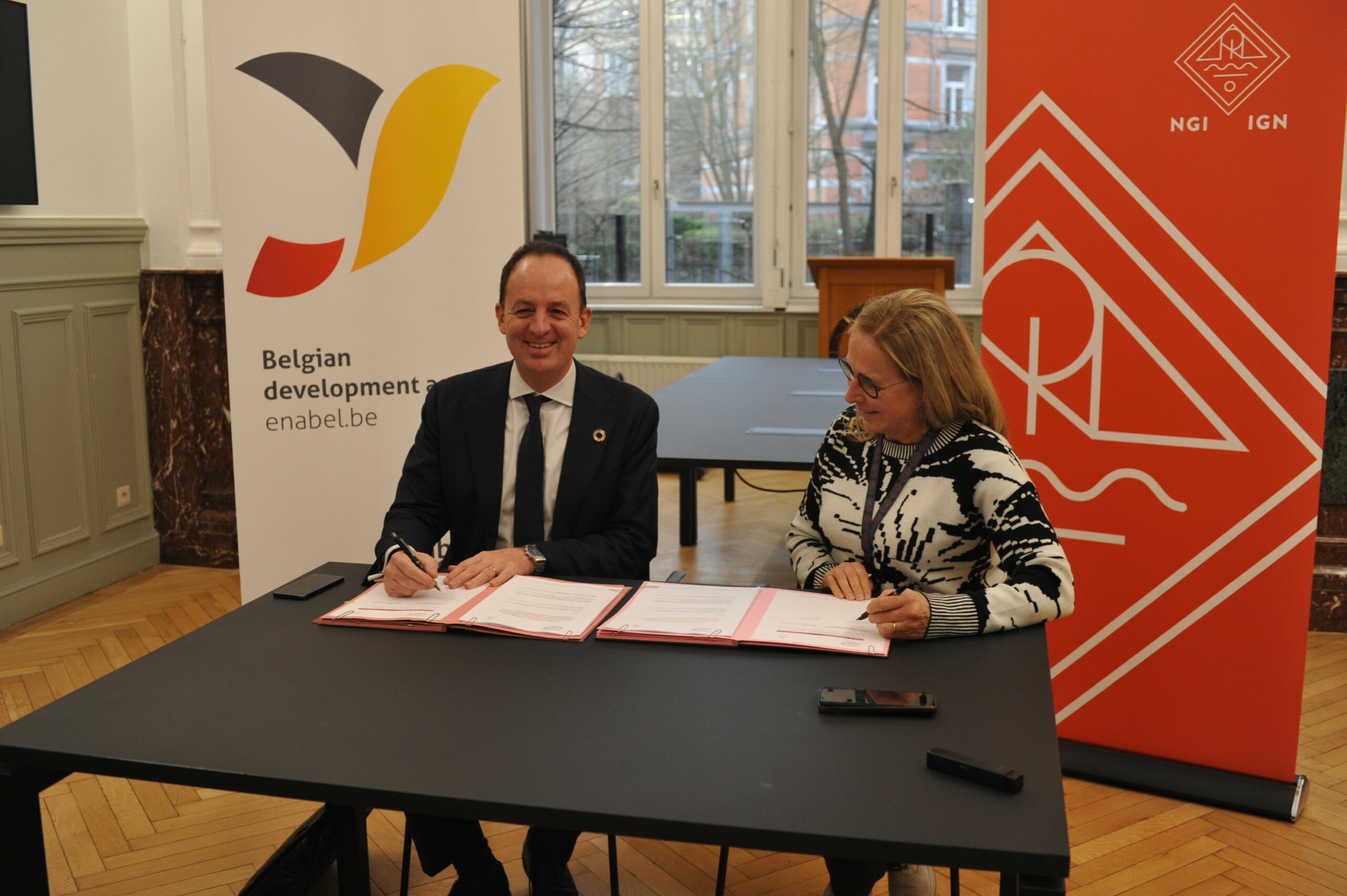Energy

By providing sustainable solutions we improve access to energy for households, businesses and institutions. Access to electricity improves people’s quality of life, helps with the provision of better public services and fosters entrepreneurship.
What we do
Renewable energy & energy efficiency
Strengthening local actors
Involvement of the private sector
Access to energy
Related content
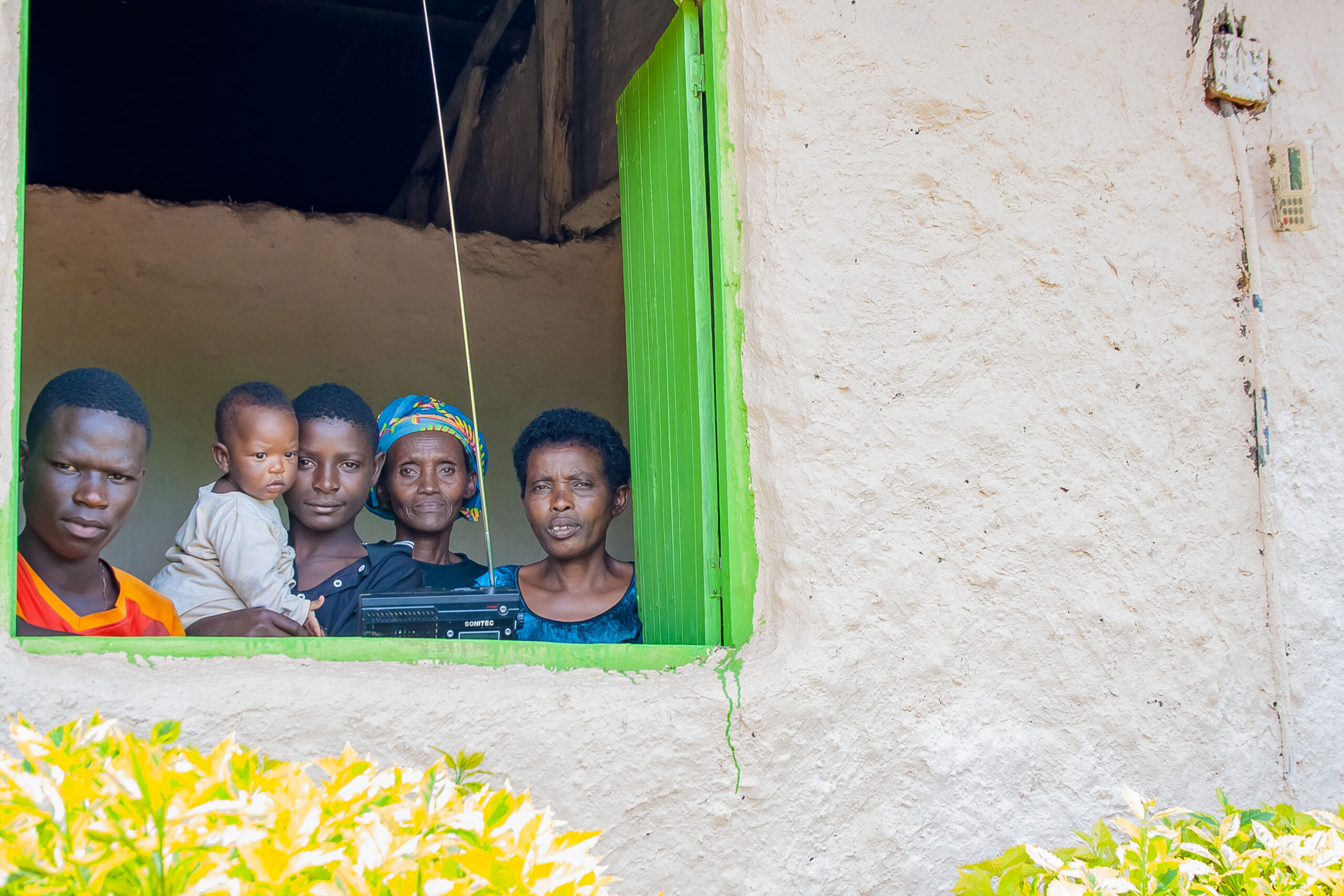
Rwanda has a target of reaching 100% electricity access by 2024. The Electricity Access Rollout Programme (EARP), implemented in partnership with the Rwanda Energy Group, constructed over 1000 km of power network in the Eastern Province of Rwanda. Alongside, the project connected 25 schools, 11 health posts, 400+ businesses, 32 public administrations and upgraded 50 km power network in a western border town of Rwanda. The 20 stories in this booklet show how access to affordable and reliable electricity transforms the lives of people who had previously no access to electricity.
Switching to light – Electricity access – Stories of change
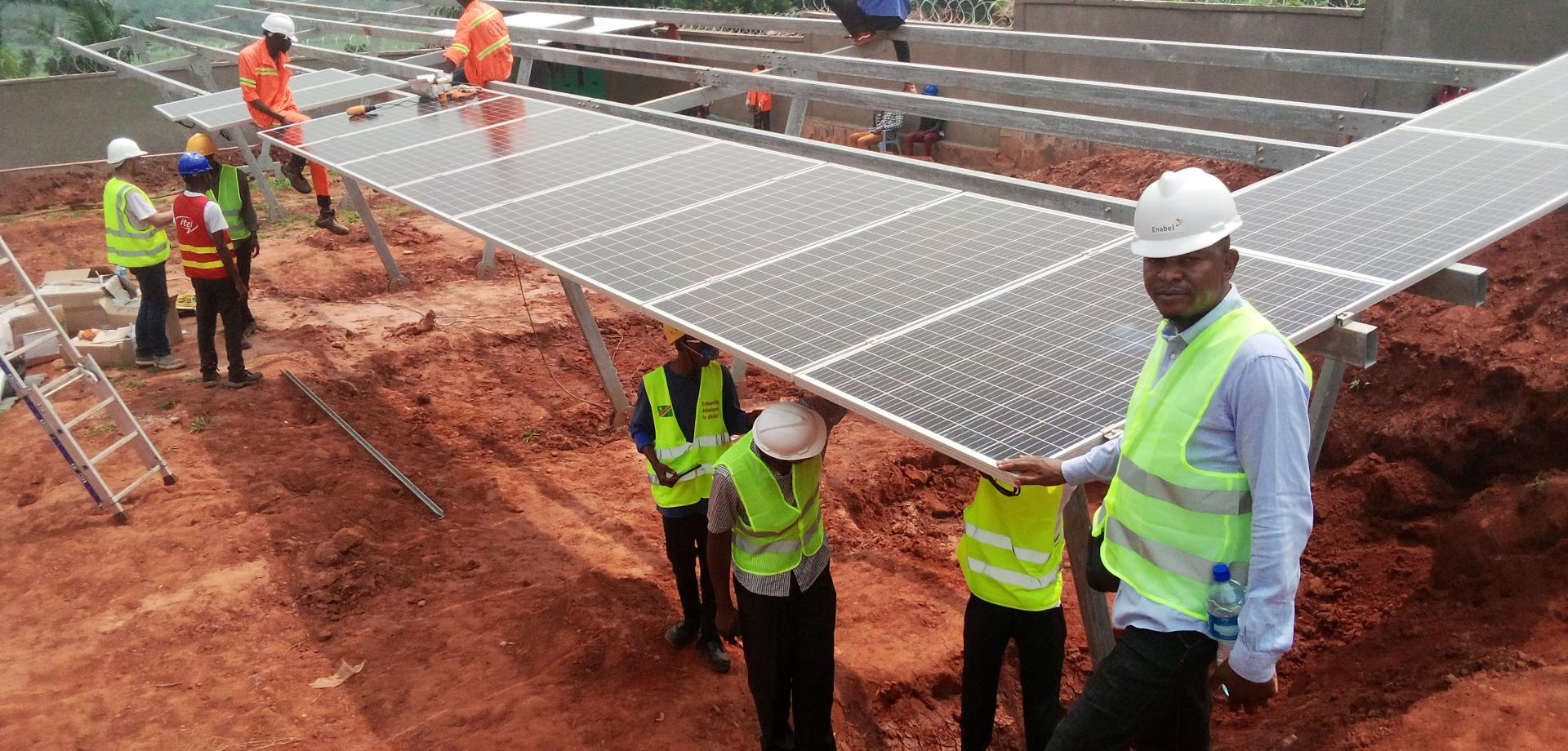
In the Democratic Republic of Congo, most households struggle to access a correct source of drinking water. But how do you solve this when there is no electricity either? Enabel tackles the problem together with local partners.
Solar panels for drinking water
News & Events
